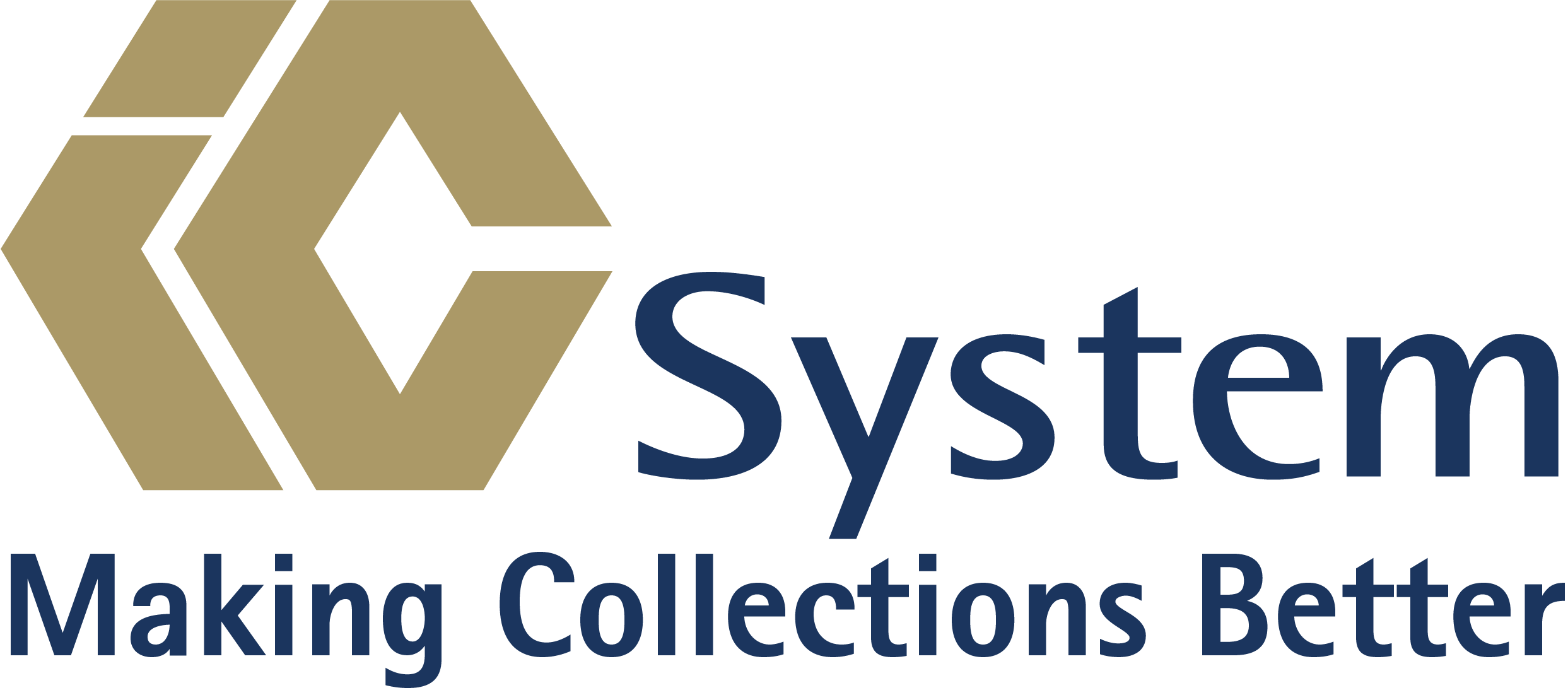Are You Ready for a 501(r) Checkup?

Nonprofit hospitals with tax exemption status have struggled to ensure compliance with 501(r) regulations ever since the final rules were released at the end of 2014 by the Internal Revenue Service. A recent inquiry into whether these hospitals meet the requirement of the 501(r) raises questions about what goes into 501(r) compliance, and how a hospital’s collection agency can have an impact on a 501(c)(3) organization.
To start, let’s break down the requirements that nonprofit, tax-exempt hospitals must meet to achieve 501(r) compliance. Each 501(c)(3) must:
- Establish a written financial assistance policy
- Ensure patients are well aware of the availability of financial assistance, while also ensuring it is widely available and publicized
- Make sure self-pay patients are not charged more than the amounts generally billed to insured patients receiving the same care
- Confirm that the financial assistance application period is open for 240 days from the patient responsibility date
- Prevent any extraordinary collection activities (ECAs) until 120 days after the patient responsibility date
With these rules in mind, it’s time to ask what your collection agencies can do to help you. For example, are they helping you communicate the availability of financial assistance? If so, how are they making your patients aware of their options?
Another important question to ask: Have you confirmed that your collection agencies hold all ECAs for 120 days? Once insurance has paid and the patient becomes responsible, collection agencies can collect on accounts with calls, letters, and skip tracing. But collection agencies may not perform any ECAs such as credit reporting, legal/judicial actions, or selling the debt for 120 days.
These questions are especially important now, given the recent push by Senate Finance Committee Chairman Chuck Grassley to make certain the IRS is actively ensuring that hospitals meet the requirements of 501(r) to keep their tax-exempt status. If 501(c)(3) hospitals choose not to comply with 501(r), or they are unable to demonstrate they meet the requirements, they put their tax-exempt status at risk. Without the tax-exemptions they receive today, hospitals may no longer be able to provide community benefits through the various programs that offer financial assistance to patients in need.
501(r) compliance doesn’t lie on the shoulders of the provider alone. If a collection agency is servicing accounts for 501(c)(3) hospitals, they must demonstrate they understand the requirements and support the efforts of the hospital to comply with the regulations. Failure to do so can also put the provider’s 501(c)(3) status at risk.
Learn more about the best practices for dealing with past-due accounts: Download our collections Trail Guide.
About the Author: Kristina Gursky








